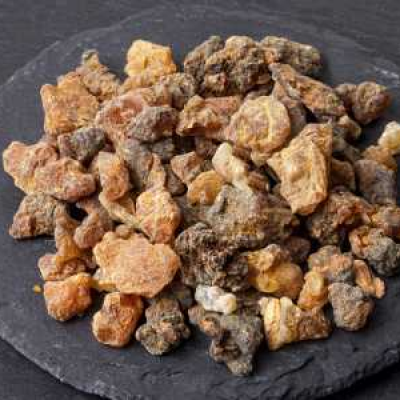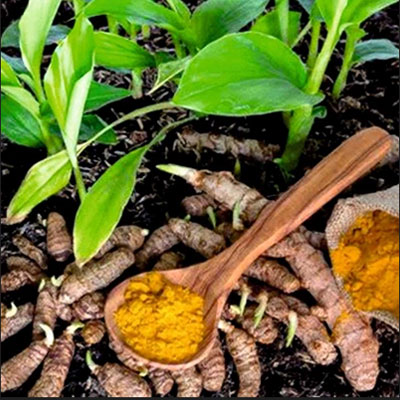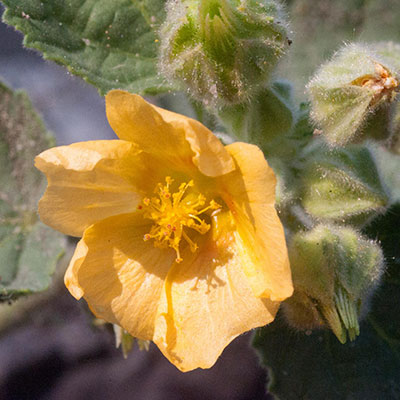Peyronie's disease is a condition where scar tissue (plaques) develops under the skin of the penis, causing it to bend or curve during an erection. This can lead to pain, difficulty in sexual intercourse, and emotional distress. The exact cause is unclear, but it is thought to result from repeated trauma or injury to the penis, often during sexual activity, leading to abnormal wound healing and plaque formation.
Symptoms
- Penile curvature: The most common symptom, causing difficulty in intercourse.
- Scar tissue: Felt as hard lumps or a band of tissue under the penile skin.
- Pain: Pain during erection or in the flaccid state.
- Erectile dysfunction (ED): May occur due to poor blood flow or psychological stress.
- Shortened penis: Due to scarring and tissue contraction.
Causes
- Repeated trauma to the penis during sex or other activities.
- Genetic predisposition or connective tissue disorders.
- Aging: Reduced elasticity of penile tissues.
Risk Factors
- Genetic factors: Family history of Peyronie's disease or Dupuytren’s contracture.
- Penile injury.
- Diabetes, smoking, or hypertension (factors impairing vascular health).
Ayurvedic Perspective on Peyronie's Disease
In Ayurveda, Peyronie’s disease can be compared to conditions like "Vataja Medoja Granthi" (fibrous growths) or "Vata-Rakta" (vitiation of Vata and Rakta). The condition involves an imbalance of Vata dosha, leading to improper tissue repair, fibrosis, and pain. Scar tissue formation is attributed to the aggravated Vata and impaired functioning of Medo Dhatu (fat tissue).
Ayurvedic treatment for Peyronie’s disease
Panchakarma therapies
- Virechana (Purgation): Cleanses vitiated Pitta and improves tissue repair.
- Basti (Medicated enema): Anuvasana (oil enema) and Niruha (decoction enema) to balance Vata dosha.
- Raktamokshana (Bloodletting): To reduce localized Rakta dushti and improve microcirculation.
- Abhyanga (Oil massage): Application of medicated oils like Mahanarayana Taila or Ksheerabala Taila to improve circulation and reduce stiffness.
- Swedana (Steam therapy): Softens tissues and enhances absorption of medications.
- Lepa (Herbal paste): Local application of herbs like Haridra and Guggulu to reduce fibrosis.
Diet
- Light, digestible foods to balance Vata.
- Include warm, oily, and nourishing foods like milk, ghee, and almonds.
- Avoid cold, dry, and processed foods.
Lifestyle
- Avoid excessive sexual activity or penile trauma.
- Regular yoga and pranayama to reduce stress (e.g., Anulom-Vilom, Bhramari).
- Practice Vajrasana and Moolabandha for improving pelvic circulation.
Herbs for Vata pacification and scar healing
Guggulu (Commiphora mukul)
Anti-inflammatory and scar-reducing properties.
Ashwagandha (Withania somnifera)
Rejuvenator and strengthens tissues.
Haridra (Curcuma longa)
Anti-inflammatory and antioxidant.
Bala (Sida cordifolia)
Strengthens reproductive tissues.
Classical formulations
- Kaishora Guggulu: Reduces Vata-Pitta imbalance and scar tissue.
- Lakshadi Guggulu: Promotes healing of fibrotic tissue.
- Dashamoola Kwatha: A decoction for reducing inflammation and pain.
Ayurvedic therapies focus on root causes, while modern methods like collagenase or surgery provide symptomatic relief in advanced cases. Regular follow-ups with an Ayurvedic practitioner are essential for personalized treatment.







